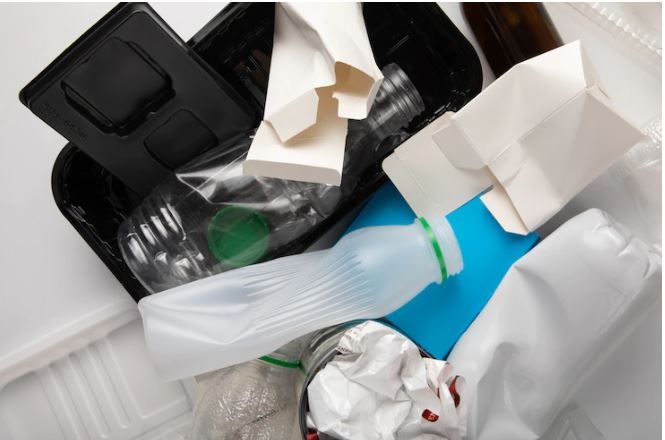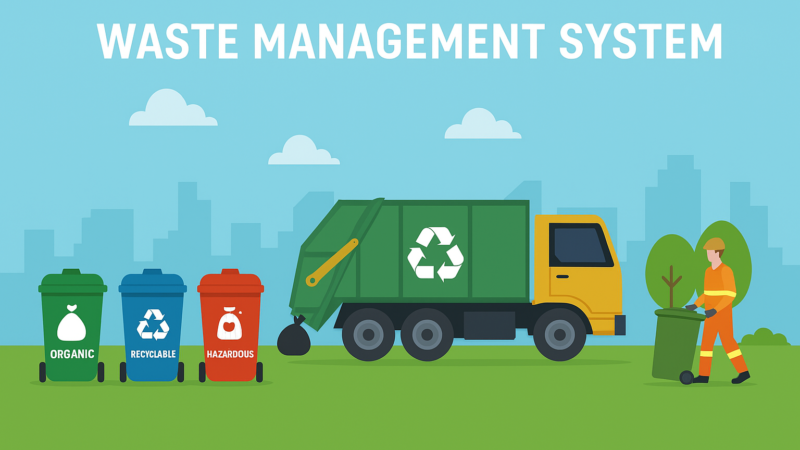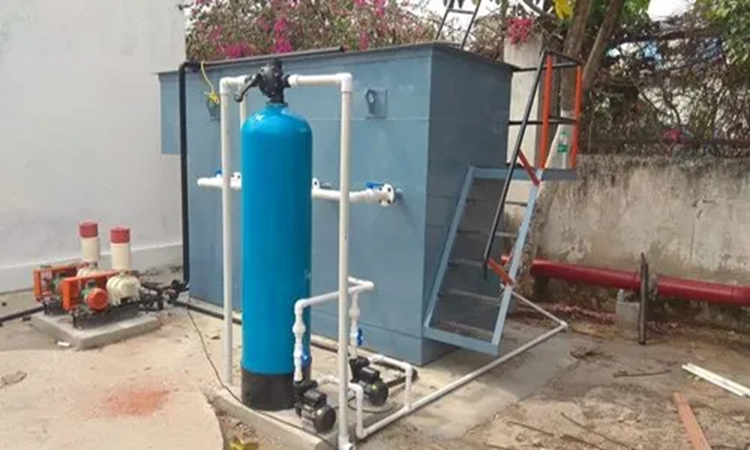NGT Order on Korba: Can it Improve Fly Ash Disposal, Utilisation in India

The National Green Tribunal (NGT), September 19, 2022, noted that it was urgent to increase the utilisation & disposal of flyash in Chhattisgarh.
The NGT order was issued in response to a April 25th application regarding fly ash disposal by management of Bharat Aluminium Company Ltd. (BALCO), Korba district. According to the application, fly ash disposal was not in compliance with rules and was causing harm to human health as well as agricultural fields.
Because it is illegally dumped into water bodies, fly ash has been a major threat for many years. The presence of flyash in the air can also affect air quality.
Fly ash has been accumulated to 1,670 million tons over the years due to its under-utilisation. This is according the Summary Of Ash Generation and Utilisation During 2020-2021 prepared by the NGT-constituted joint commission on fly ash.
For a long time, there has been concern about fly ash use and compliance. There have been several incidents that involved breaches of ash dykes. These include:
- North Chennai Power Station, Tami Nadu
- The Madhya Pradesh Sasan Power Plant and NTPC Vindhyachal Essar Power Plant
- NTPC Talcher Odisha
- Bokaro Power Plant, Jharkhand
- Maharashtra’s Khaparkheda Power Plants and Koradi Power Stations
Sometimes, ash flooding can also cause the death of people in nearby settlements.
A notification was created in 1999 after fly ash was raised. In order to reach the 100 percent fly ash usage target, the notification was amended in 2003, 2009, and 2016. The fifth amendment was added to the notification last year.
Centre for Science and Environment, a Delhi-based think-tank, reported in 2021 about 40-50 percent of India’s power plants not meeting the 100 per cent flyash utilisation goal 22 years after the notification was issued. Some plants don’t even use 30-40% of the ash they generate.
Chattisgarh’s situation is more serious because Korba houses 15 private, central, and state-owned electricity generating stations.
This means that generating an average of 9,000 megawatts of electricity results in a daily generation of 72,000 tonnes fly ash. Fly ash production is generally much faster than disposal and utilisation.
CSE supports order
NGT Order of September 19 took note of several environmental pollution issues in Korba. These are:
- BALCO is responsible for water and air pollution that can lead to a decline in the quality of the environment.
- Fly ash management is not sufficient and old redmud ponds are being used to dispose of ash
- Fly ash illegally disposed of in Korba (14 locations), and other nearby villages, without following any procedures
- Fly ash pollution has an impact on the health and well-being of agricultural land as well as the environment.
- Fly ash disposal requires proper administrative procedures.
In light of these issues, the tribunal order provided a number of suggestions for fly ash disposal and utilisation.
It recommended that awareness programs be organized for Chhattisgarhians about fly ash and its use.
The court ordered that all transporters be instructed by the state authority to follow the guidelines of the central and state governments in order to safely transport fly ash and bottomash.
Every fly-ash transporter must sign on their vehicles: “If any illegal dumping or fly ash is seen by this vehicle, please inform collector,” the tribunal stated.
The court stated that strict action should be taken if an illegal disposal complaint is received by authorities.
NGT also directed that the Chhattisgarh government promote dry fly ash. The thermal power plants (TPPs) in Korba must address the issue of bulk transportation of flyash in an economically and environmentally-friendly way.
TPPs could supply pondash to road construction projects as well as brick manufacturers within a 300-km radius of Korba, according to the court.
CSE says that fly ash disposal in Korba will be improved by raising awareness about illegal dumping and proper monitoring fly ash transport. CSE believes that if illegal fly-ash transport activities are reported immediately, this will help improve ash management in the area.







